
For years, Brussels’s progressive mainstream has painted Viktor Orbán as the EU’s so-called ‘Russian asset’. But now Belgium’s own prime minister, Bart de Wever, is being given the same label—simply for rejecting a reckless plan to use frozen Russian assets as collateral for a EUR 140 billion Ukraine loan.
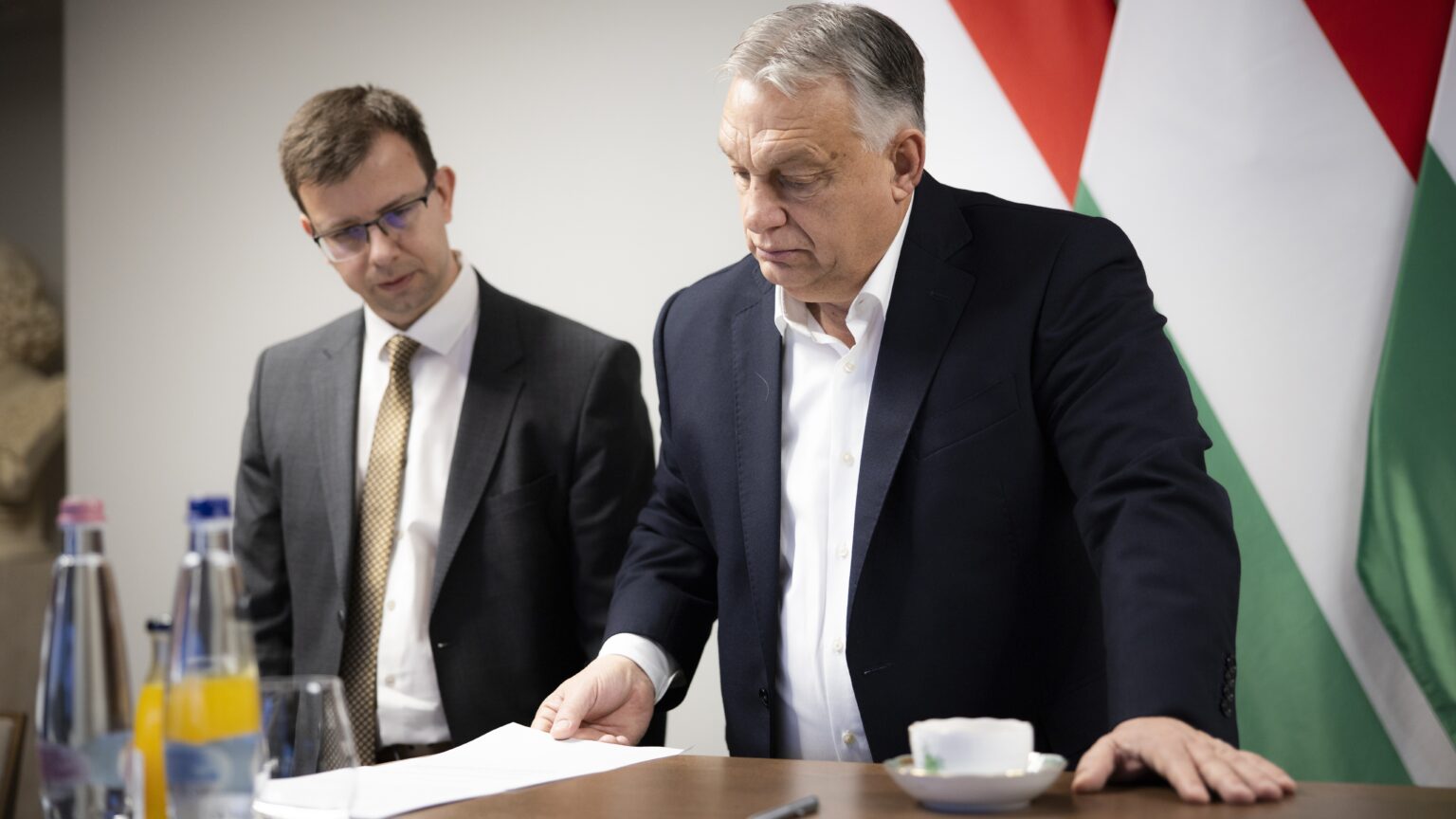
Prime Minister Viktor Orbán said next year’s wage agreement will directly improve the income of 700,000 families, highlighting an 11 per cent rise in the minimum wage and further measures aimed at supporting workers, employers, and economic stability.

What role do women play in UAE politics? What is the geopolitical significance of the UAE? And why is Hungary an important partner for the Emirates? We spoke with a female member of the UAE Federal National Council and Chairwoman of the UAE–Hungary Friendship Committee about gender equality, diplomacy, and geopolitics.
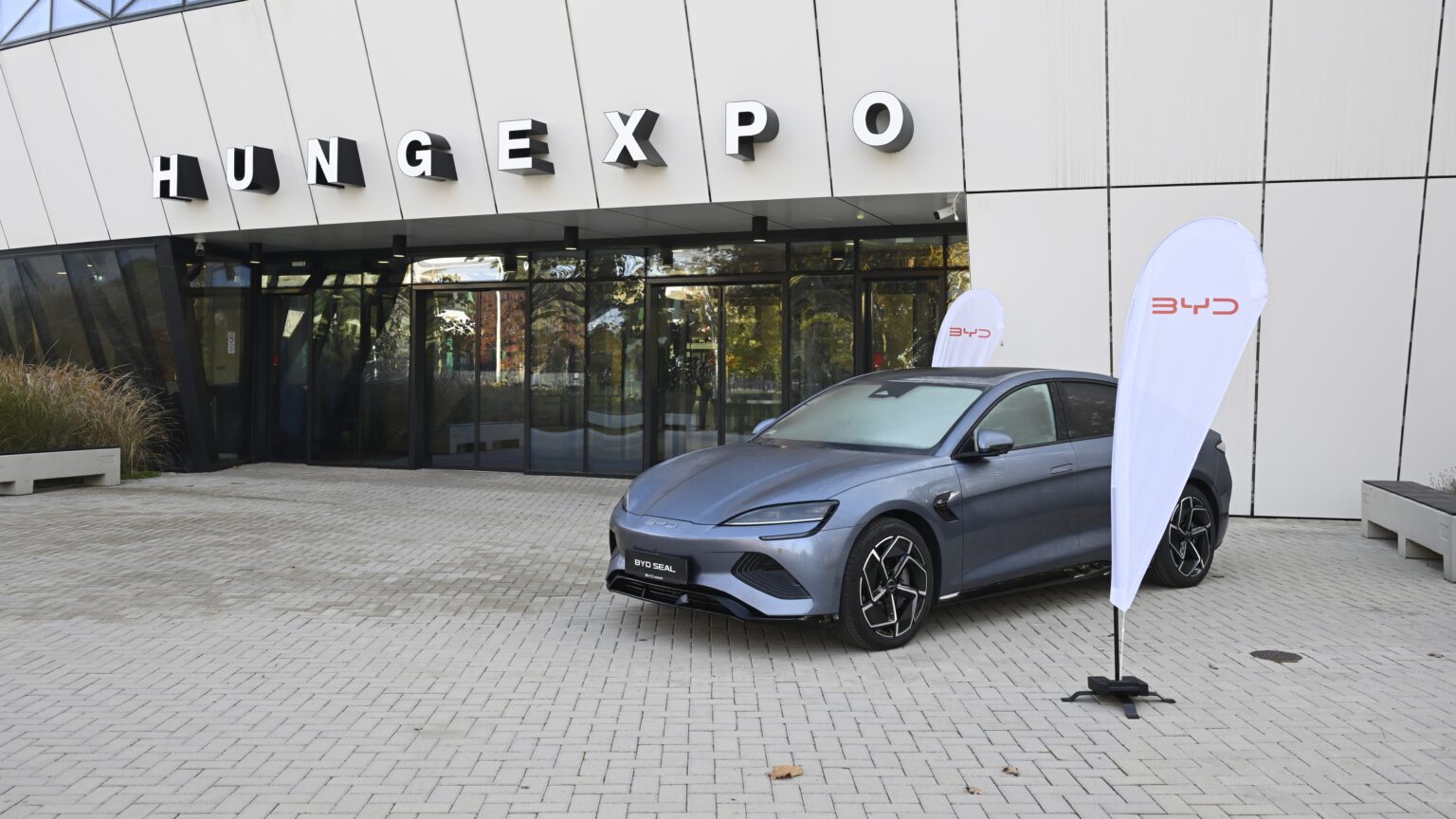
The University of Szeged and BYD Auto Hungary have signed a cooperation agreement to deepen ties in education, research and development. The partnership will expand training, internships and joint programmes, strengthening the talent pipeline for BYD’s new Szeged plant.
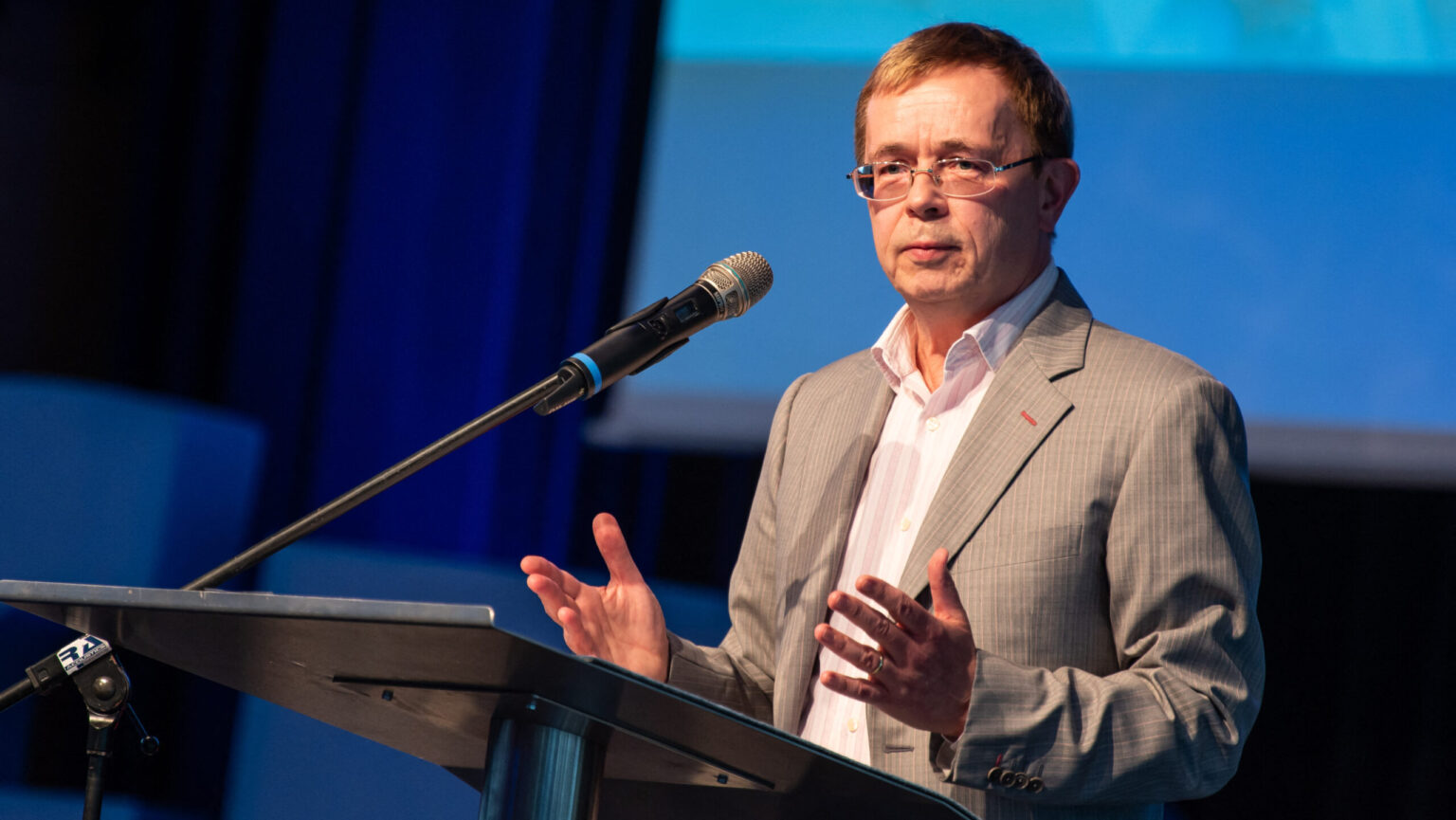
The European Parliament scrapped a planned delegation to Kyiv after Ukrainian authorities said they would not allow AfD MEP Hans Neuhoff to enter the country. Kyiv’s refusal—labelled ‘security-related’—halted the mission and raised questions about Ukraine’s treatment of EU lawmakers.
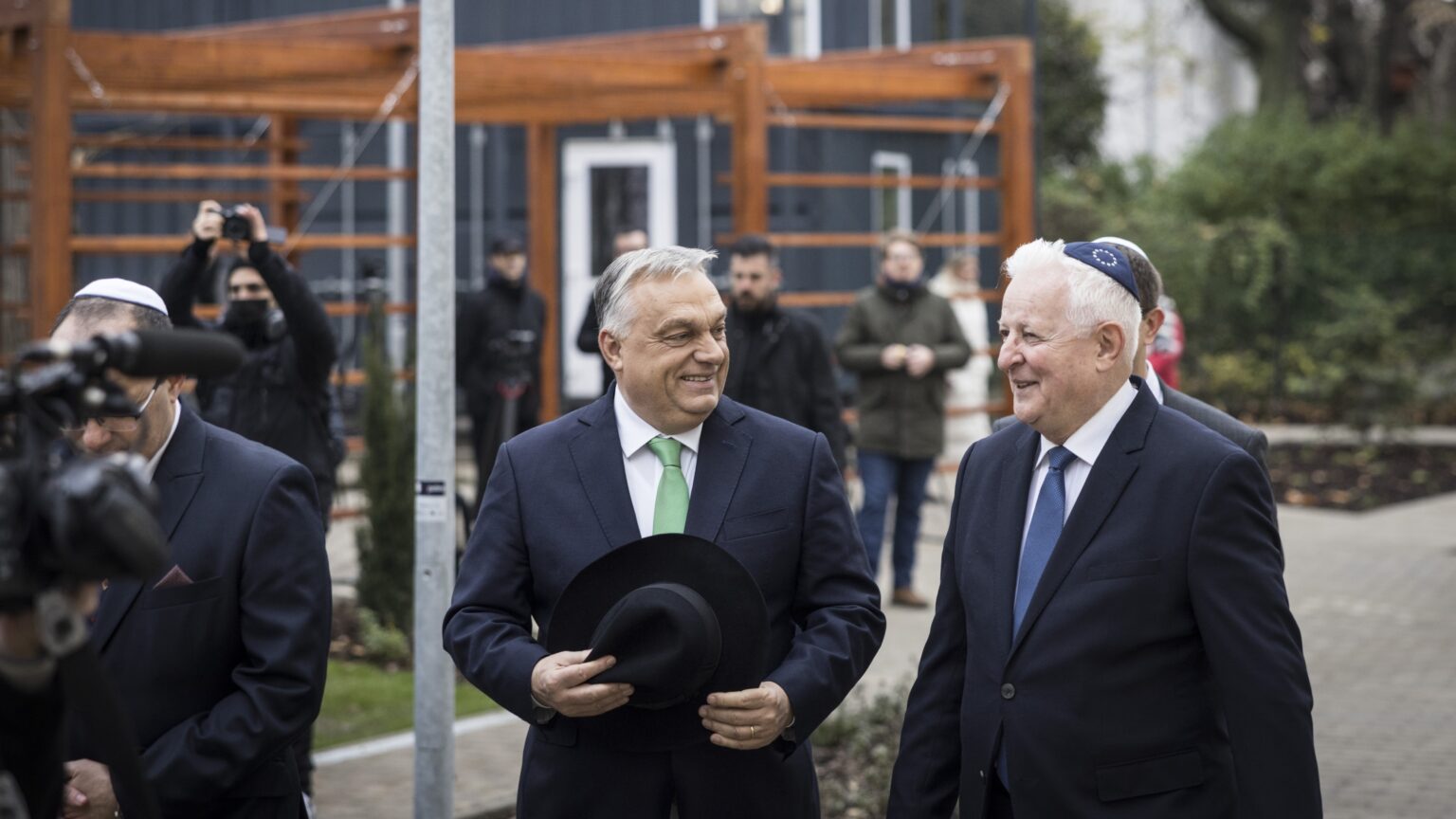
Hungary is undergoing a nationwide overhaul of its healthcare system, Prime Minister Viktor Orbán said at the reopening of the renovated Jewish Charity Hospital in Zugló, highlighting its symbolic significance for the country’s Jewish community.
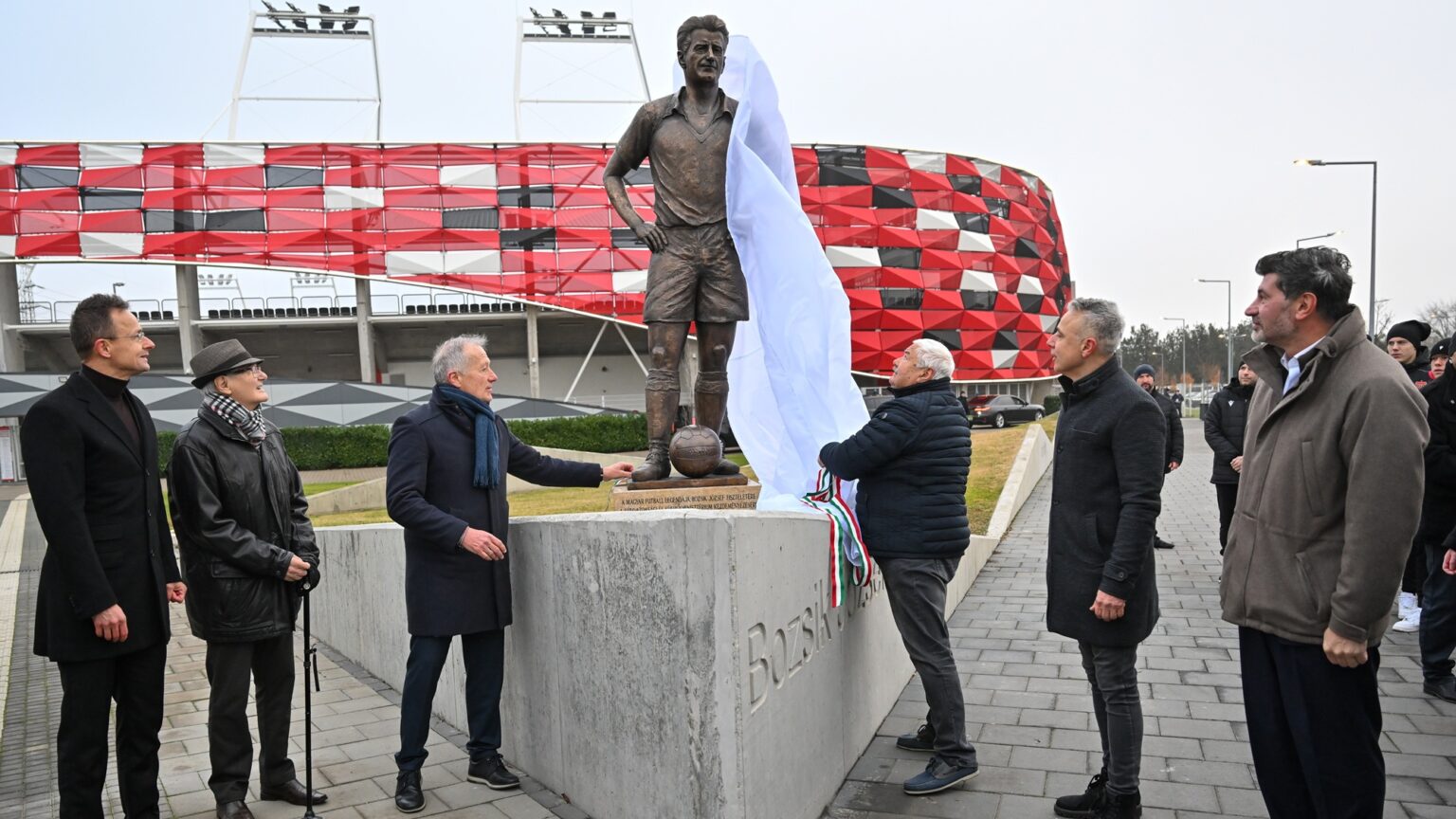
A full-scale bronze statue of legendary Hungarian footballer József Bozsik of the 1950s ‘Mighty Magyars’ team has been unveiled in Budapest, Hungary. Minister of Foreign Affairs Péter Szijjártó of Hungary, who now also serves as the Chairman of Bozsik’s club Budapest Honvéd, was among the attendees of the event.
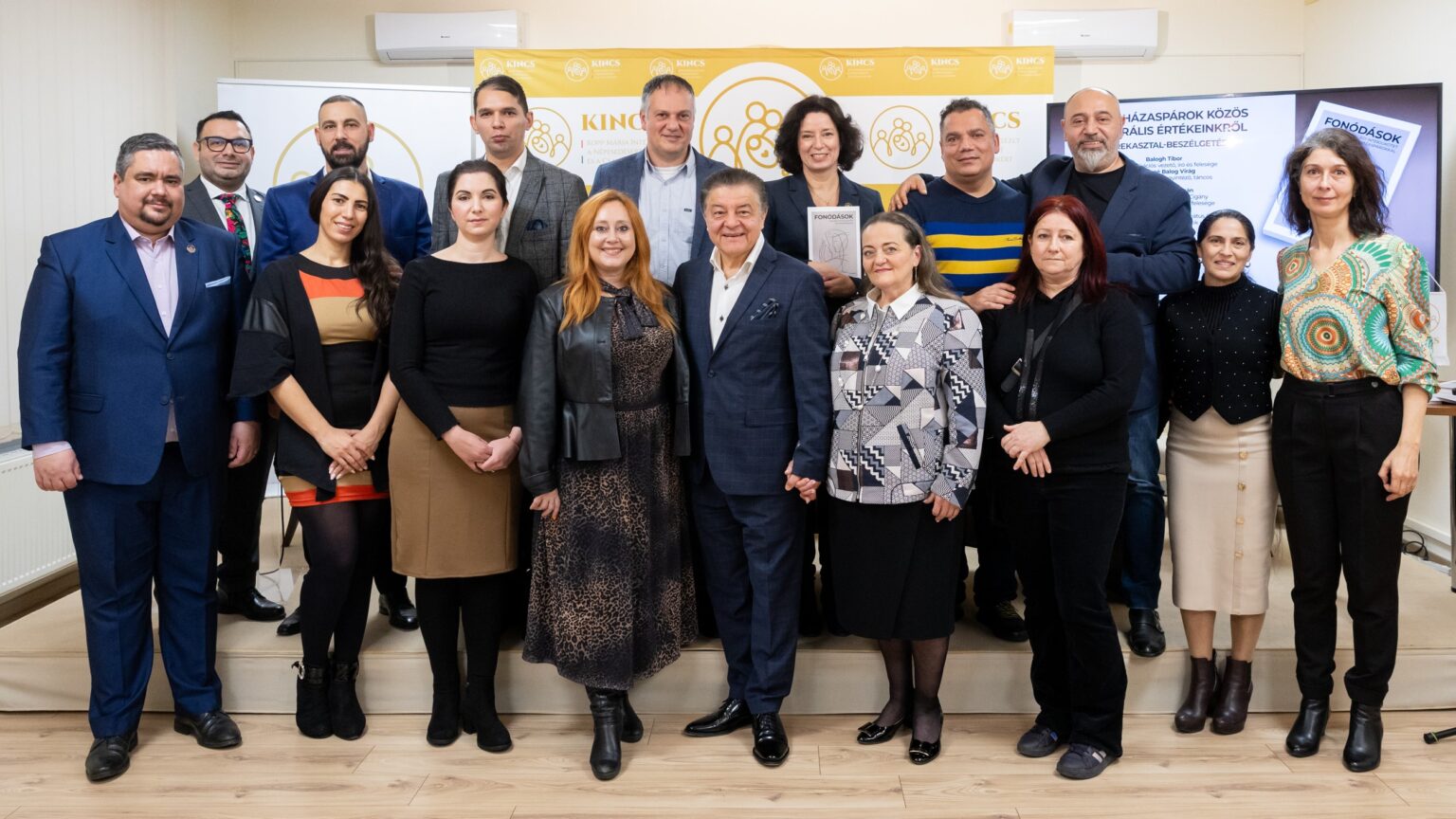
At the Fonódások book launch in Budapest, two roundtable discussions brought together couples featured in the volume to reflect on marriage, cultural identity and the values that Roma Hungarian families pass on to the next generation.

Left-wing groups and union-backed networks mounted coordinated blockades and street violence in Giessen to hinder the founding congress of AfD’s youth wing, Generation Deutschland. Subsidized NGOs helped mobilize masked agitators who built barricades and attacked journalists, politicians, and vehicles, while police intervened only partially, exposing publicly funded pressure against the AfD.
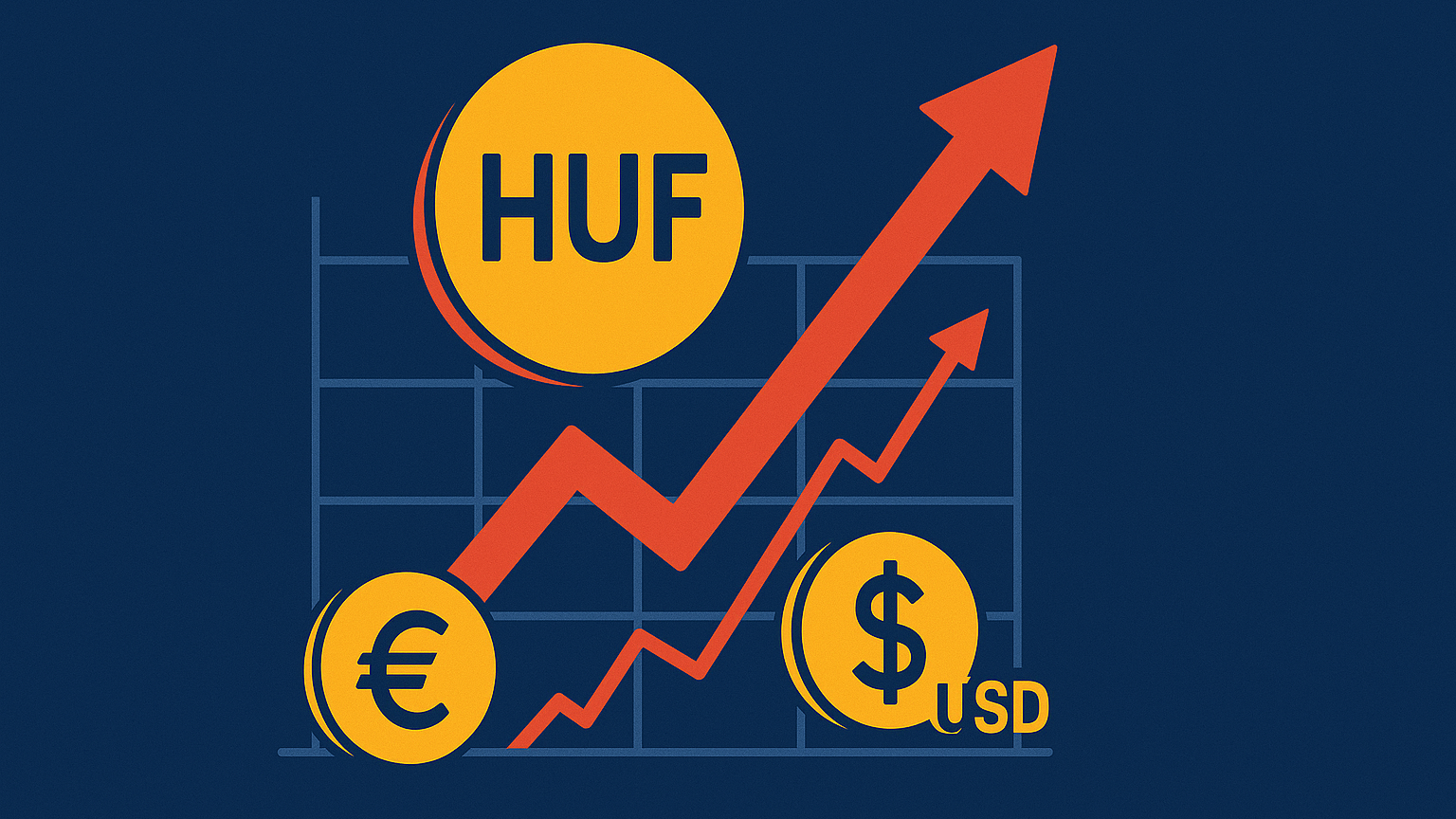
Hungarian forint hit its best level since December 2023 on Wednesday, strengthening to HUF 380.2 per euro. Markets continue to reward the Hungarian Central Bank’s disciplined approach and the Trump–Orbán currency-swap deal, which signalled that the forint is well-protected from external shocks.
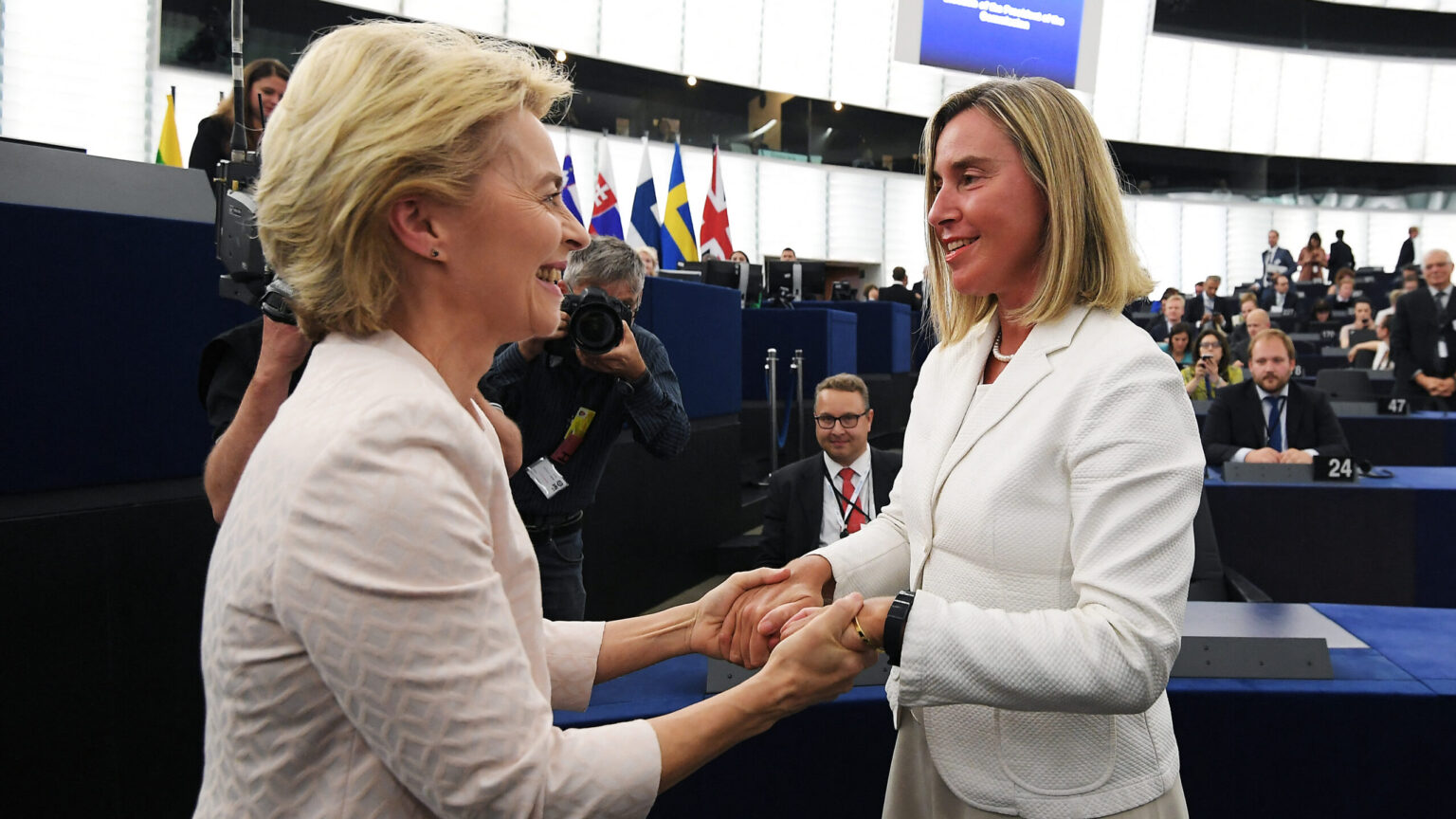
Nearly three years after Qatargate, Brussels is rocked by another major scandal: Belgian authorities have detained former EU foreign-policy chief Federica Mogherini and top diplomat Stefano Sannino in a fraud probe involving the EU’s diplomatic academy. The probe is already fuelling calls for accountability at the highest levels of the Commission.
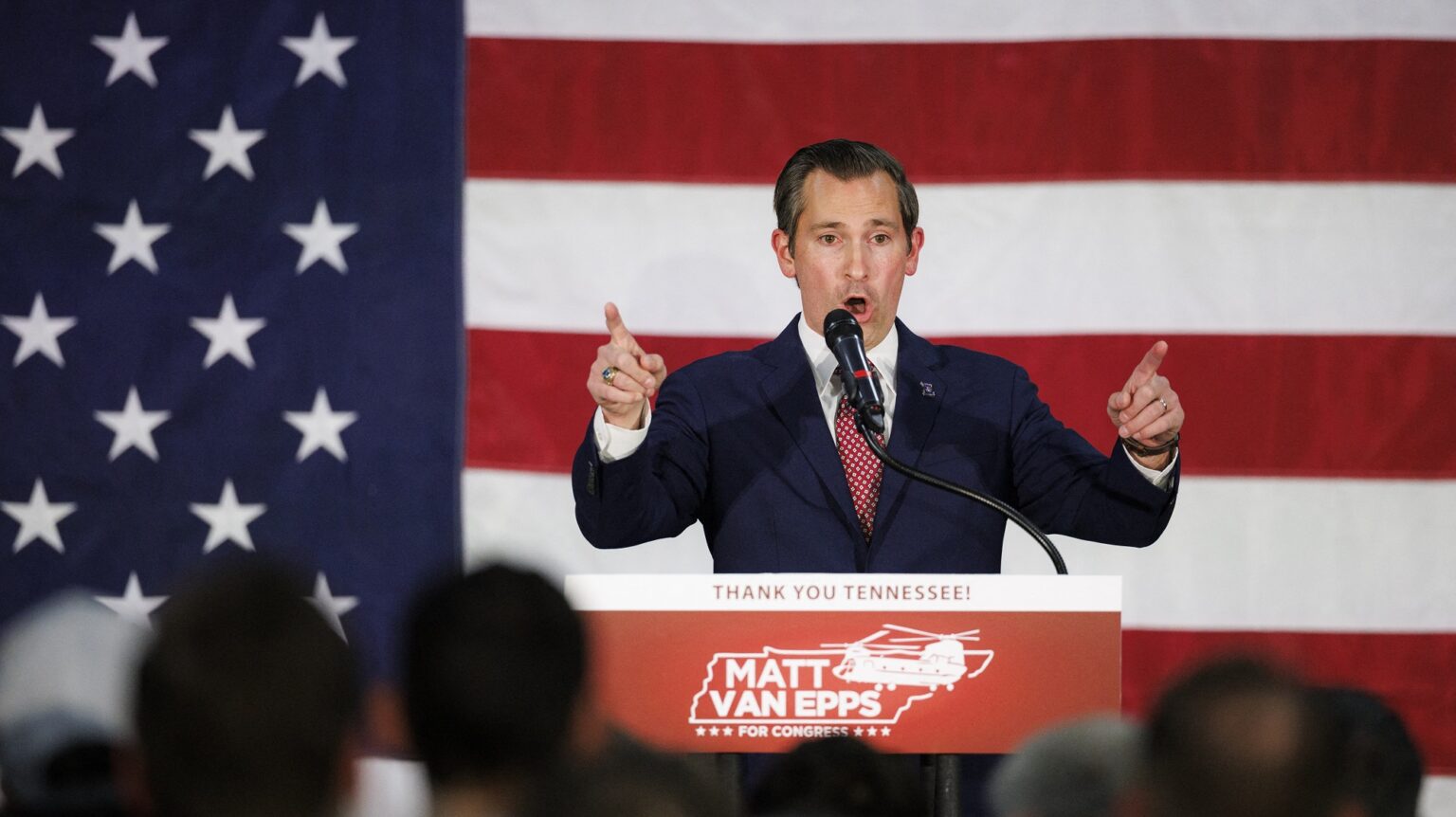
Matt Van Epps of the Republican Party defeated Democrat nominee Aftyn Behn, who has been dubbed as ‘the AOC of Tennessee’ by right-wing media, in the special election for the vacant seat in the US House of Representatives in Tennessee’s 7th congressional district. The GOP retains their 220 House seats, while Democrats currently have 214.

At a book launch in Budapest, the Mária Kopp Institute for Demography and Families presented Fonódások, a new family-focused interview volume featuring 11 Roma Hungarian couples whose life stories highlight resilience, shared values and the strength found in interwoven identities.
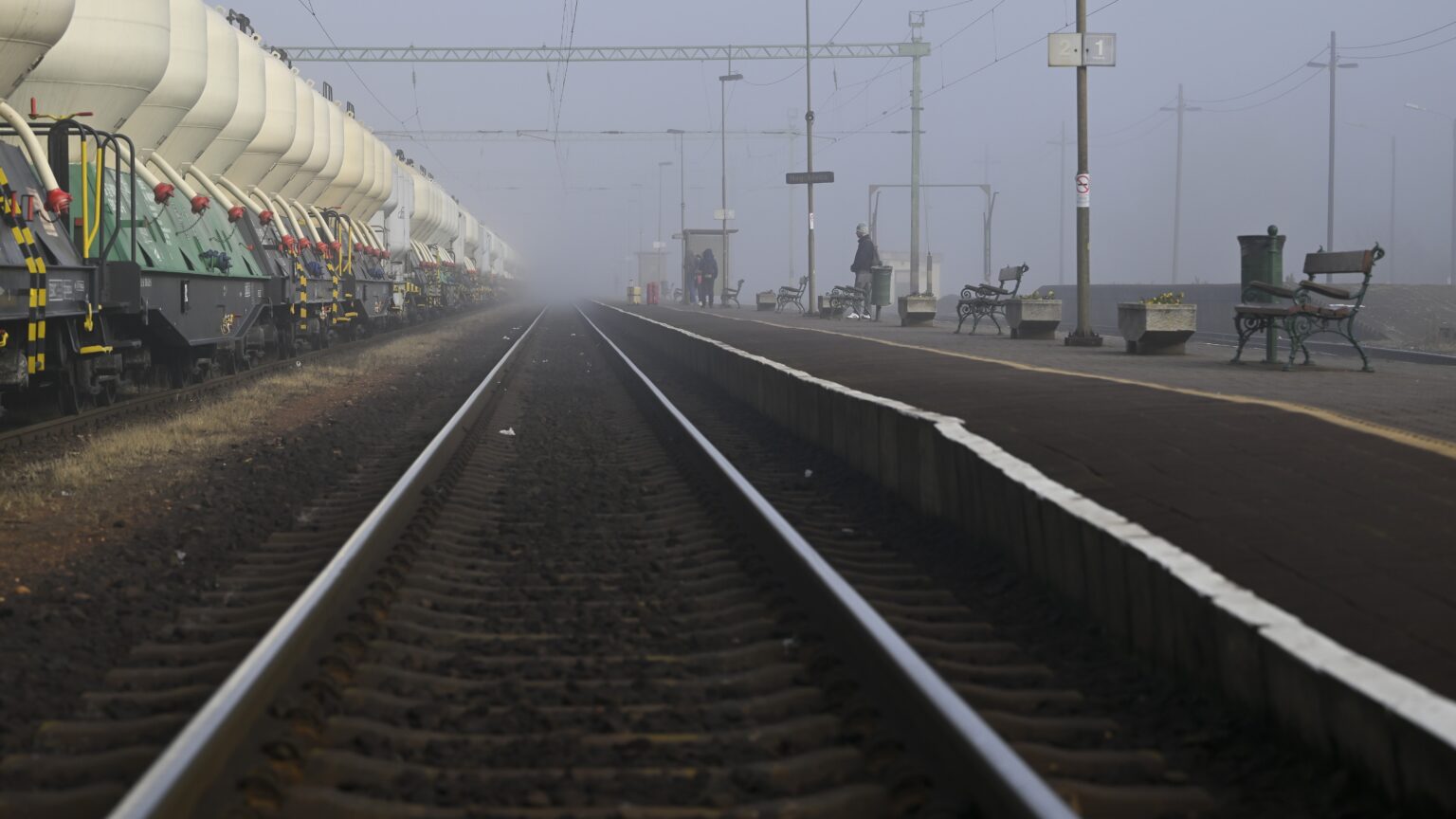
Hungary plans to launch the renovation of 1,000 kilometres of railway track in the coming period, with full funding secured, Construction and Transport Minister János Lázár told Parliament’s Economic Committee on Tuesday.

Budapest’s government office is continuing intensive inspections of BKV buses to ensure passenger safety and enforce proper maintenance, following a series of summer bus fires that triggered a full review of the fleet.
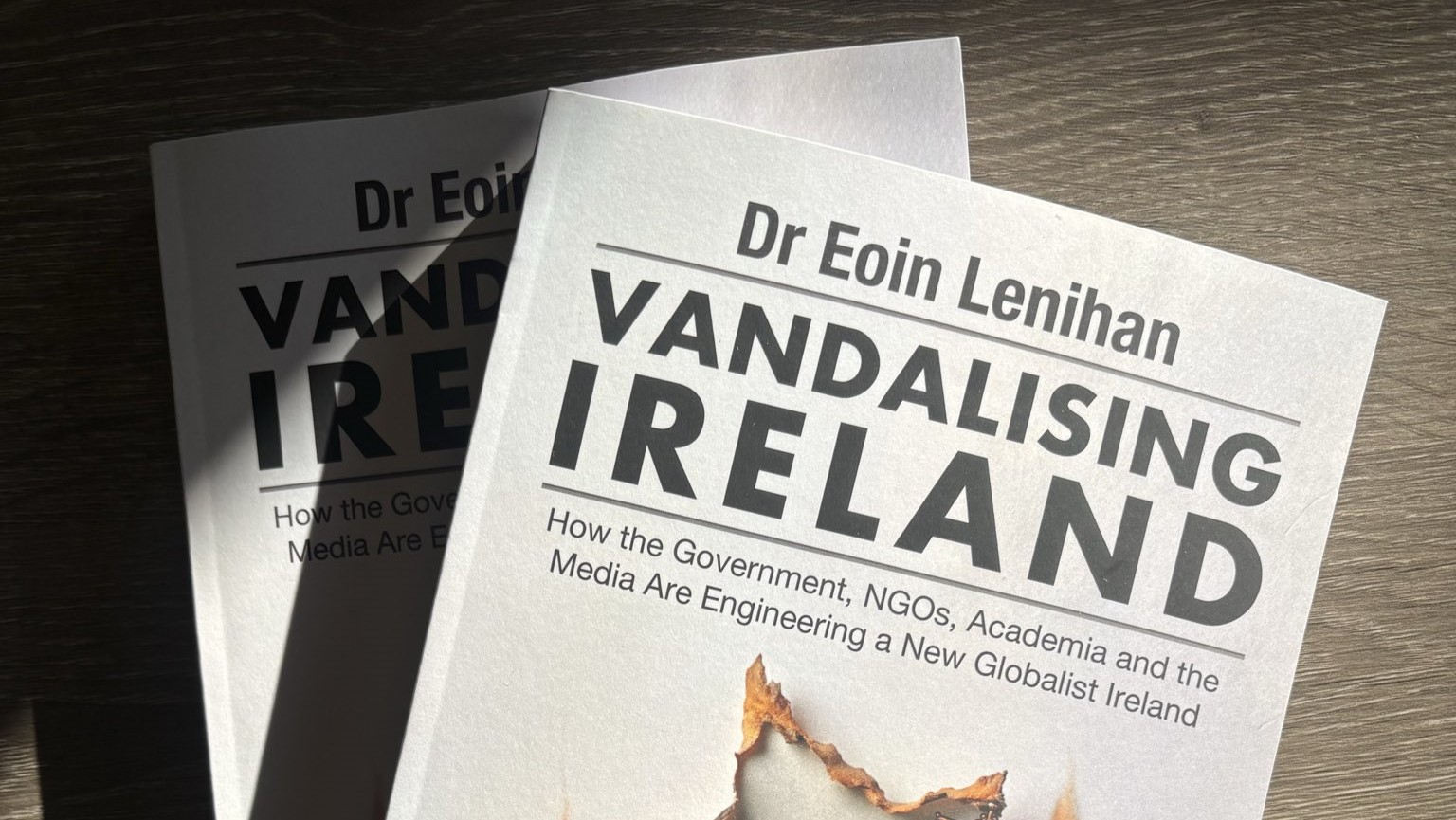
‘Following an embarrassing spectacle in Ireland that saw nearly 13 per cent of voters cast “spoilt” ballots while an unapologetic leftist cruised to victory in the Irish presidential race, establishment-liberal politicians like Tánaiste [Deputy Prime Minister] Simon Harris exhibited timid initial signs of policy reversal on the immigration issue.’
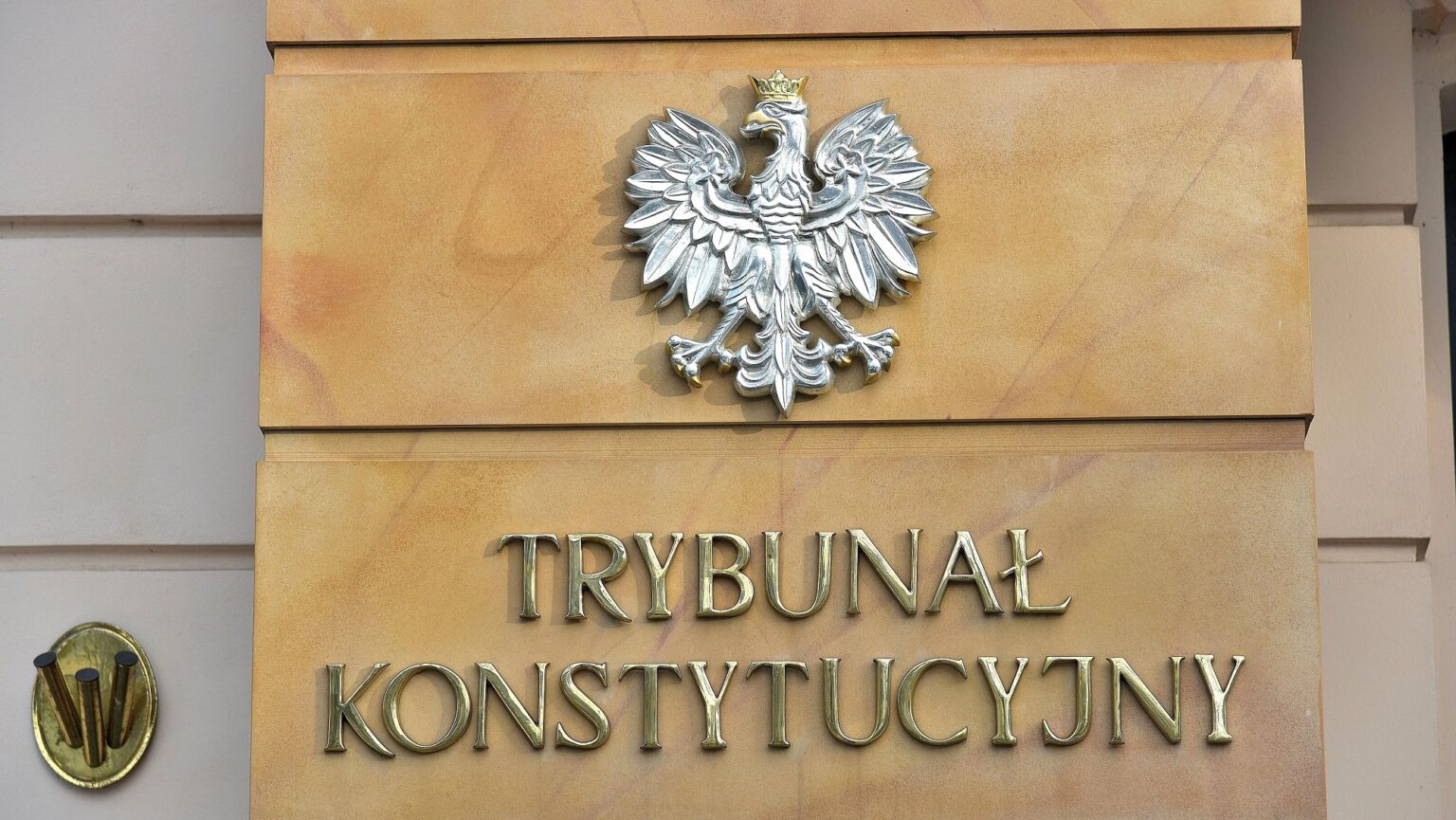
In a lengthy Facebook post, Polish MP Marcin Romanowski for the right-wing PiS party has lauded the decision by the Constitutional Court of Poland to stop Prime Minister Donald Tusk’s effort to establish a ‘liberal juristocracy’ in the country.
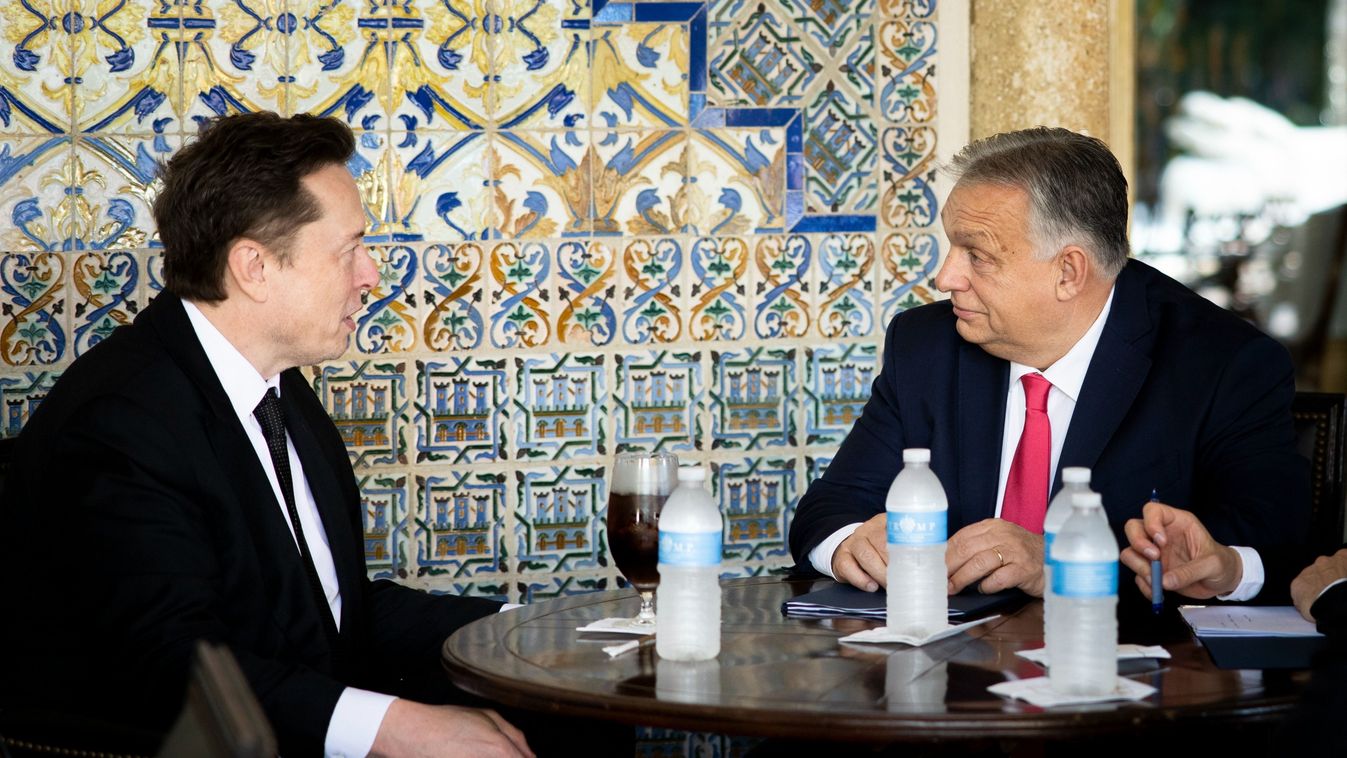
Elon Musk has praised Viktor Orbán’s hard line on migration by sharing a viral clip in which the prime minister warns that progressive elites seek to reshape Europe demographically. As US conservatives rallied behind Orbán, Donald Trump reportedly intensified pressure on EU governments to abandon pro-migration policies and confront the crisis honestly.
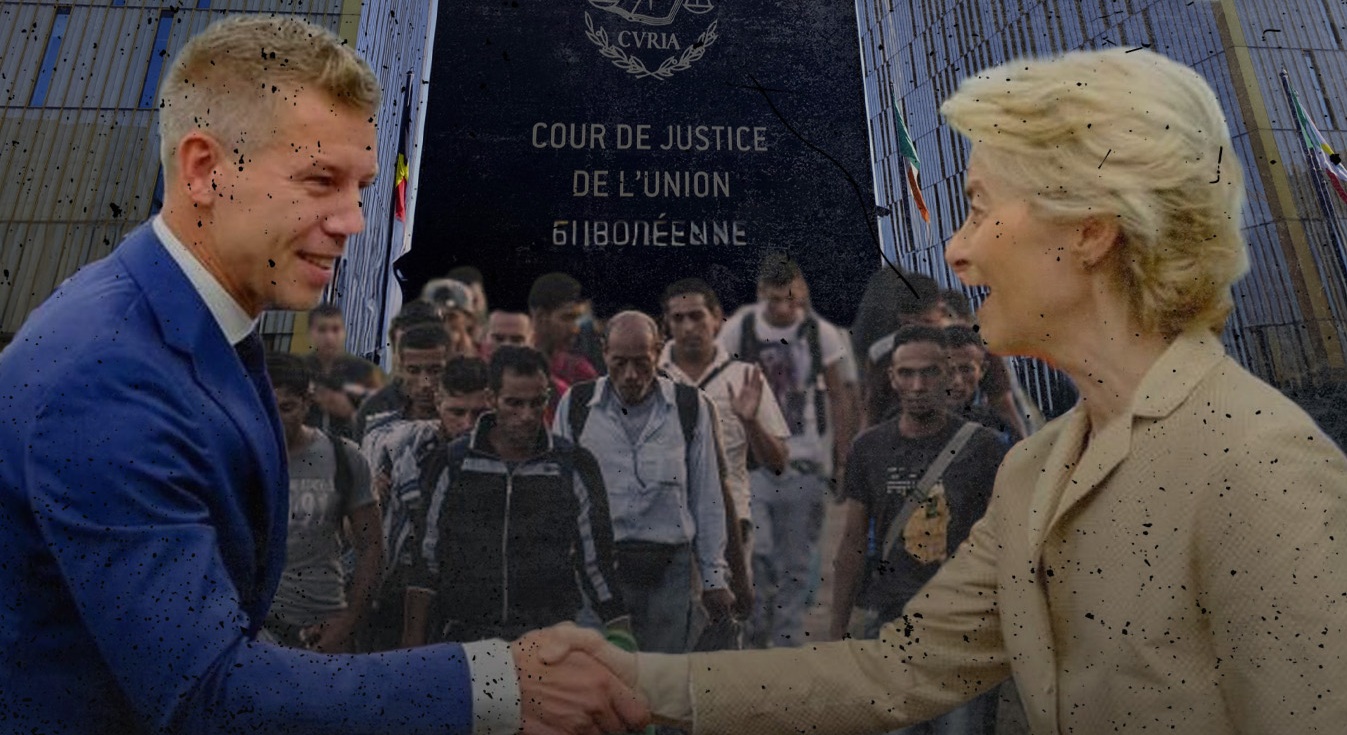
The CJEU has again ruled against Hungary in a migration case, overriding the Curia of Hungary by invoking the primacy of EU law. The decision reflects Brussels’s push to centralize control over migration and weaken its Member States’ sovereignty, allowing a foreign national expelled by Hungary due to a lack of income to stay in the country.
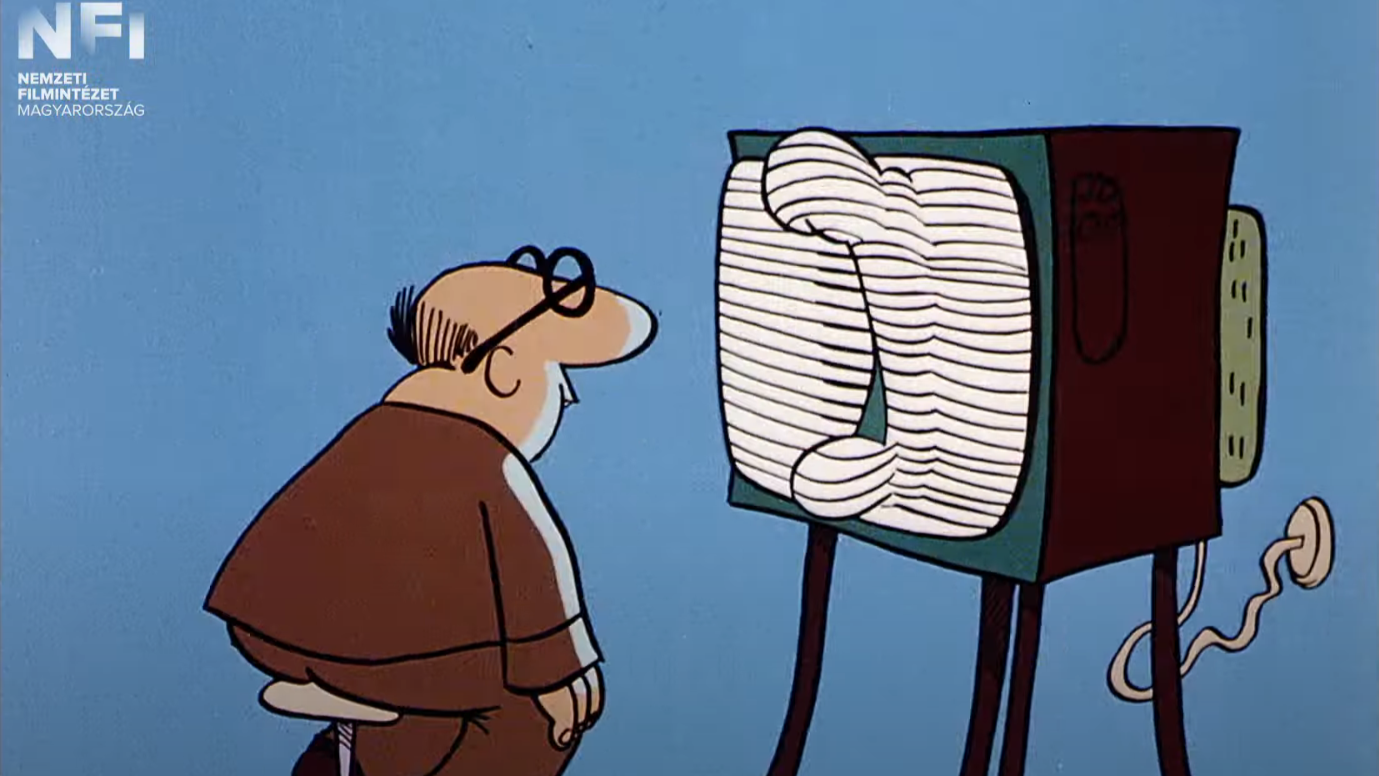
Hungary’s Animation Producers Association is launching an international professional programme running through 2027, aimed at strengthening the global presence of Hungarian animation, expanding co-production opportunities, and unifying the industry’s visibility across Europe.
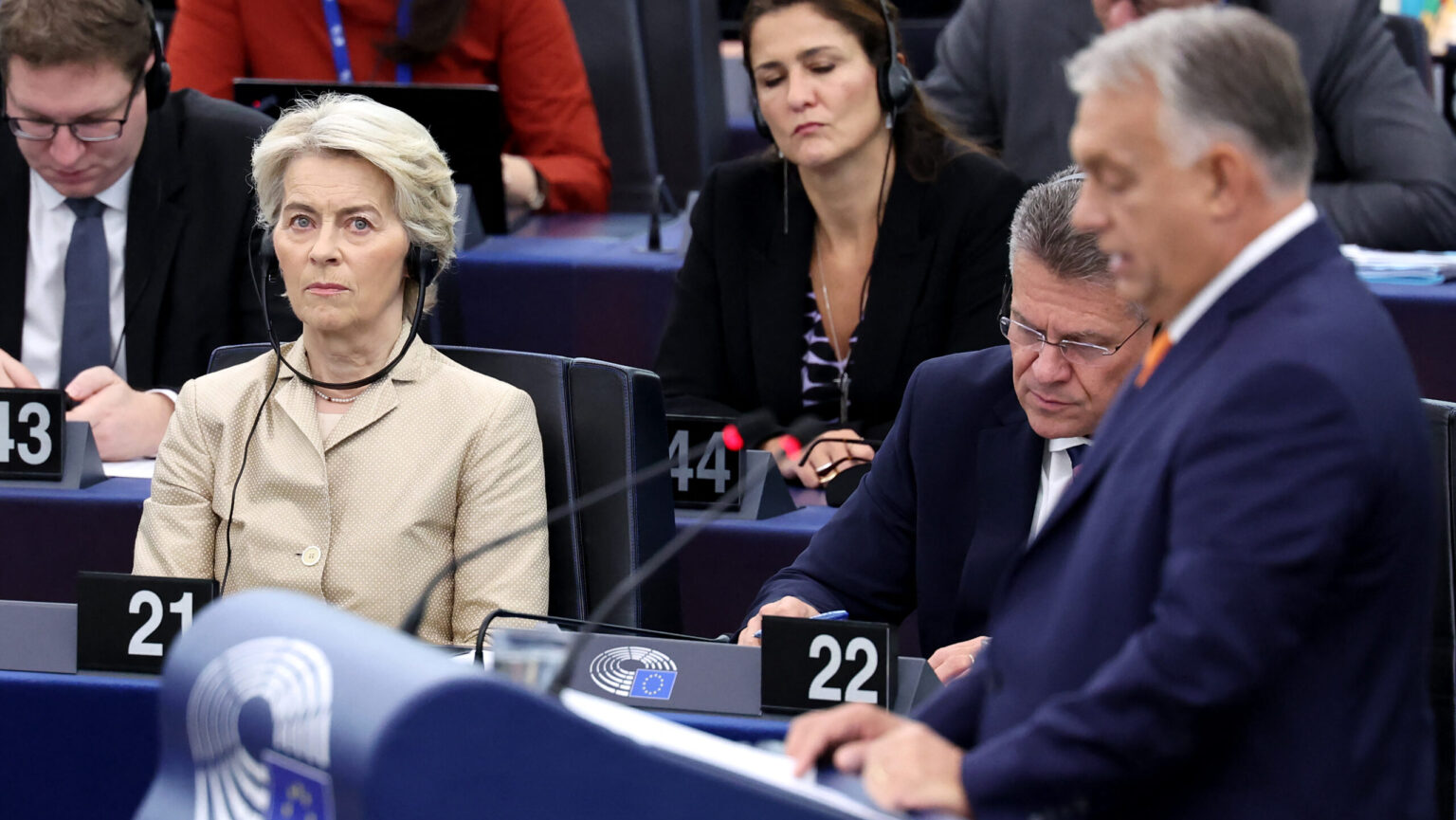
Hungary has become a net contributor to the European Union for the first time since its 2004 accession, as frozen EU funds continue to distort the financial balance. With Budapest paying more into the common budget than it receives, the economic impact of the European Commission’s political blackmail campaign is increasingly visible ahead of the 2026 election.
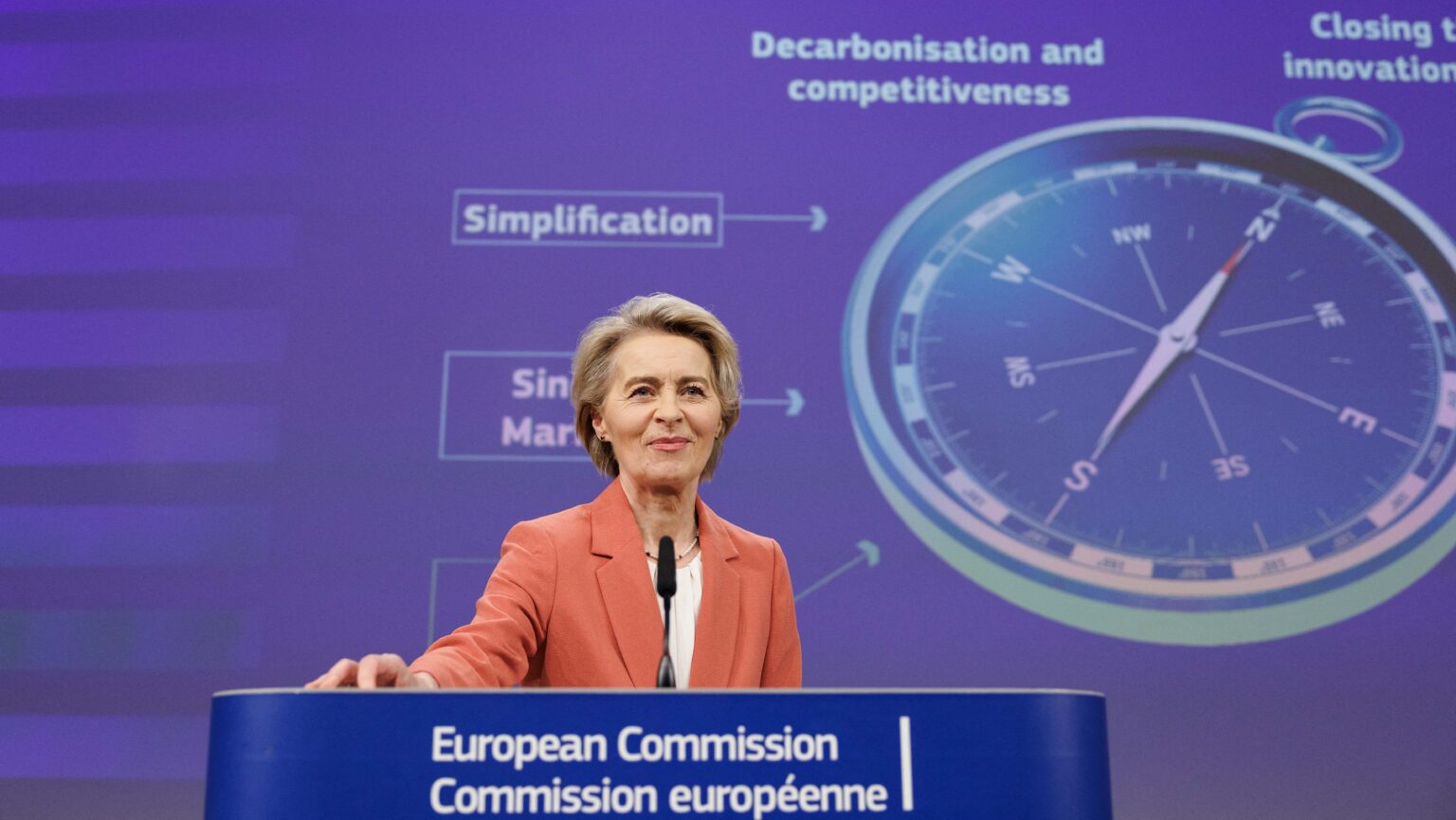
‘The Commission’s initiative…is more than just stigmatizing content deemed “false” by Brussels’s fact-checkers. It is also about setting up a closely aligned network in Europe that can coordinate to spread “correct” and “truthful” information—while being paid by Brussels.’

The average price of a gallon of regular gasoline has fallen to $2.998 in the United States, according to AAA. The last time the average gas price was below $3 was on 11 May 2021; and it even climbed up to as high as $5.016 in the summer of 2022 during the Biden administration.
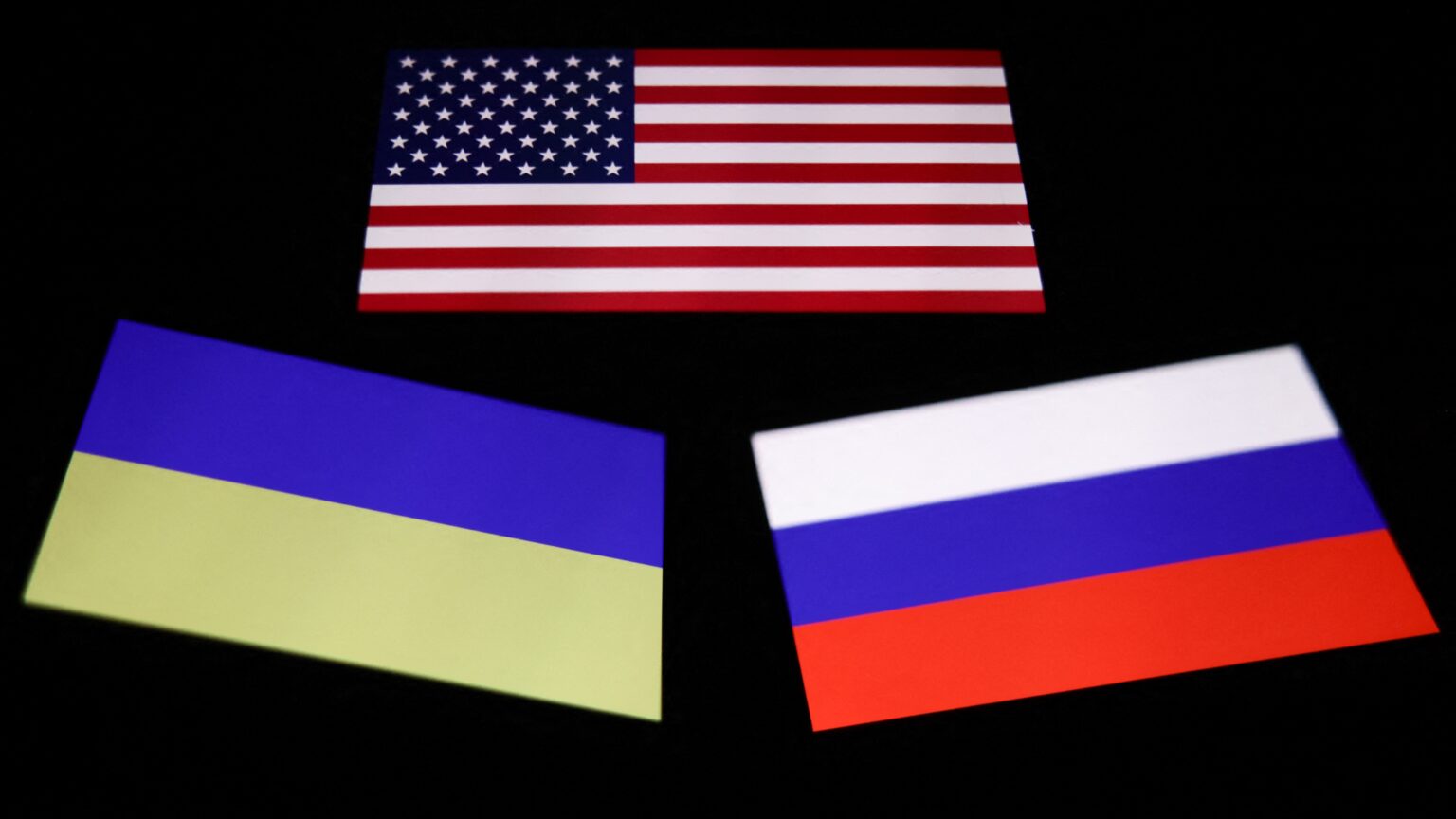
‘The Russian–Western relationship is basically about geography.’
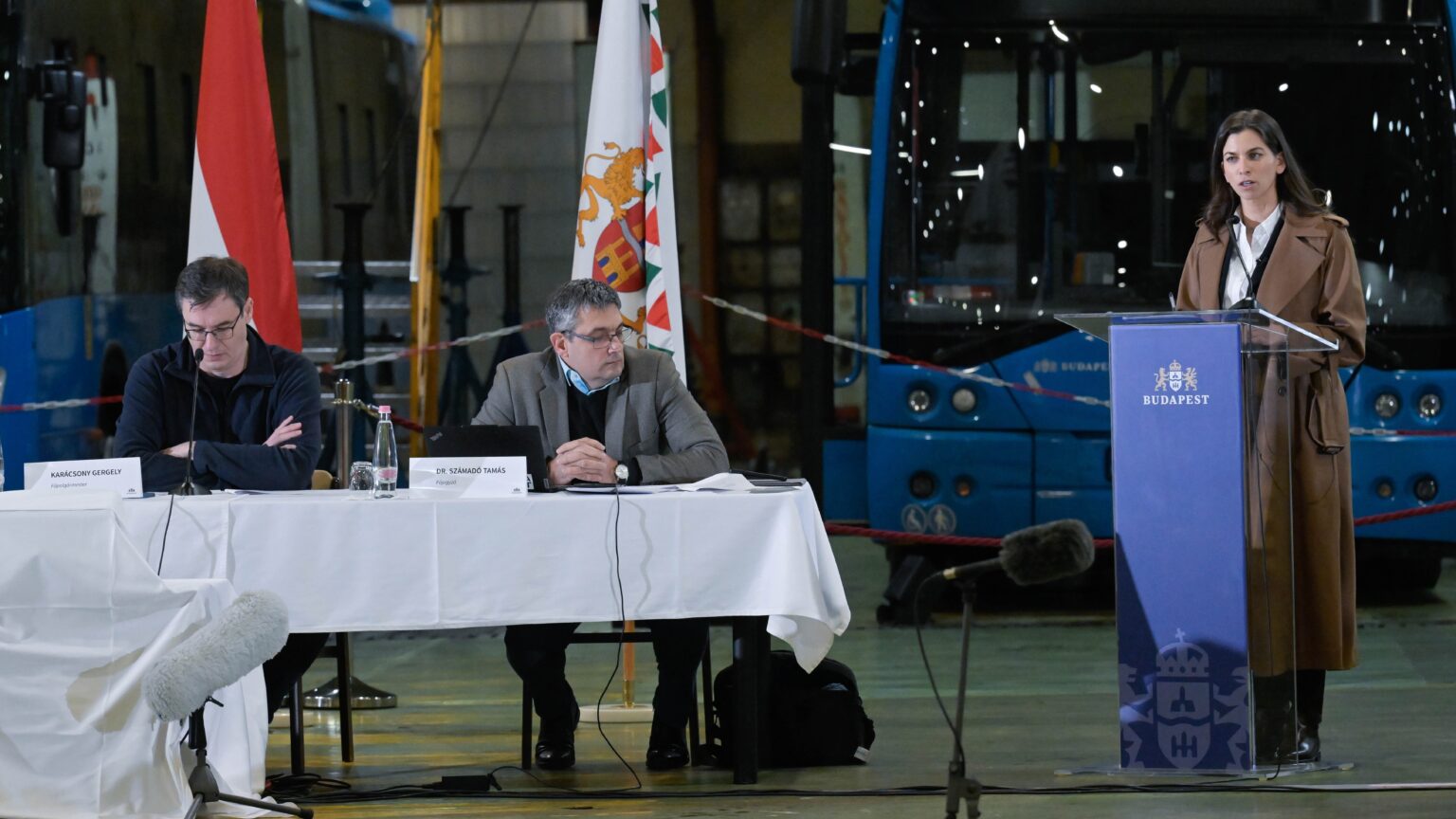
Budapest’s General Assembly has called on the government to resume negotiations with the mayor, arguing that sustainable budgeting, enshrined in Hungary’s constitution, can only be upheld if talks continue. The appeal came during an extraordinary session held at the Budapest Transport Corporation’s bus depot in Kelenföld.

‘I mean, it doesn’t have Delhi’s “toxic trash mountains”—to cite The Guardian.’
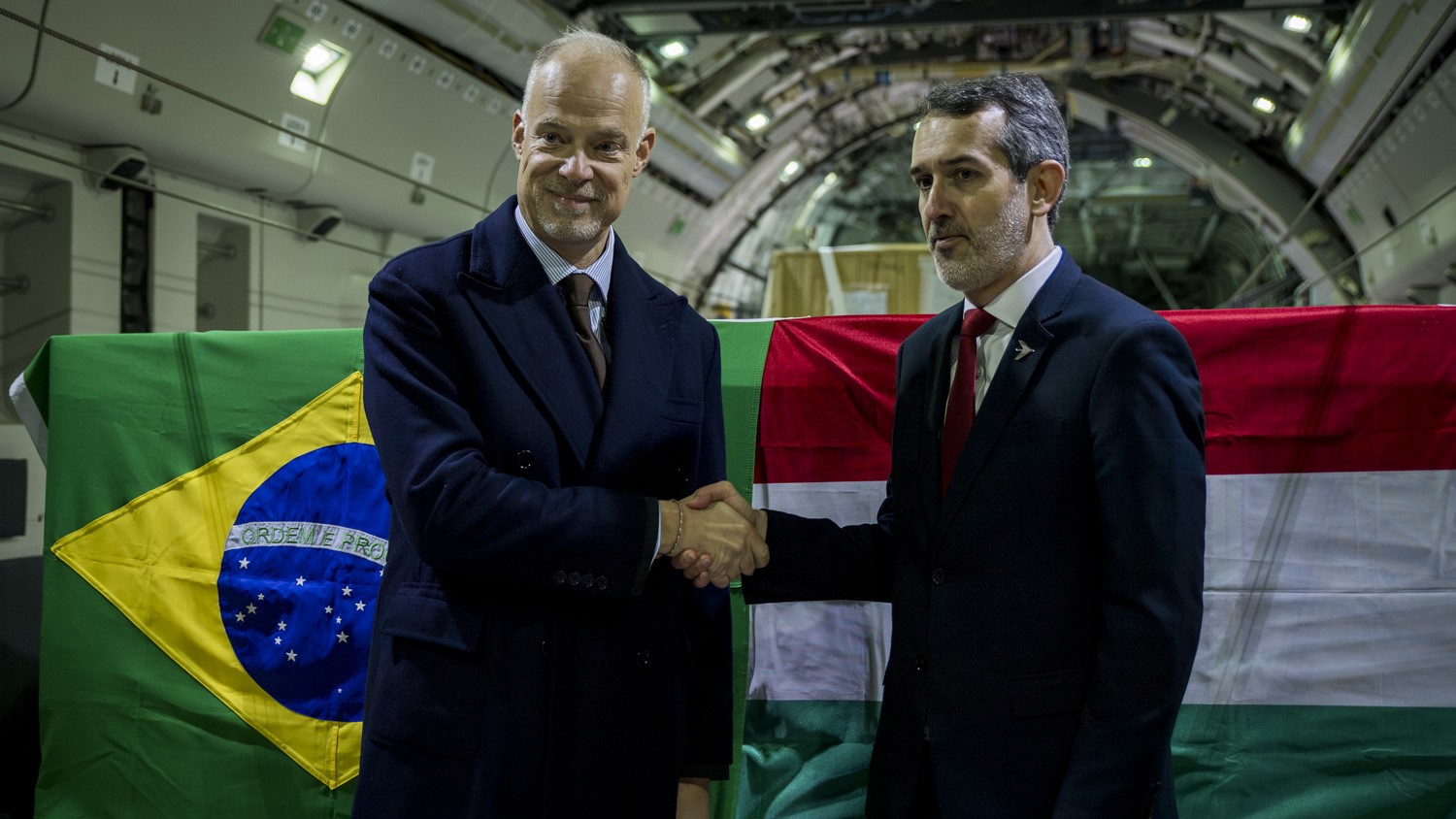
‘Brazilian aerospace firm Embraer is advancing its supply of the multi-mission transport aircraft C-390 Millennium to Hungary.’

‘The Pope should ensure that the Christians of Lebanon have a united vision for the future of their country, which they can convey to their fellow compatriots from different religious backgrounds.’

After the shocking murder of Ukrainian refugee Iryna Zarutska by a career criminal repeatedly released under soft-on-crime policies, North Carolina has introduced sweeping reforms. Iryna’s Law reinstates the death penalty, curbs cashless bail and forces tighter judicial oversight—signalling a major political break with the progressive approach.
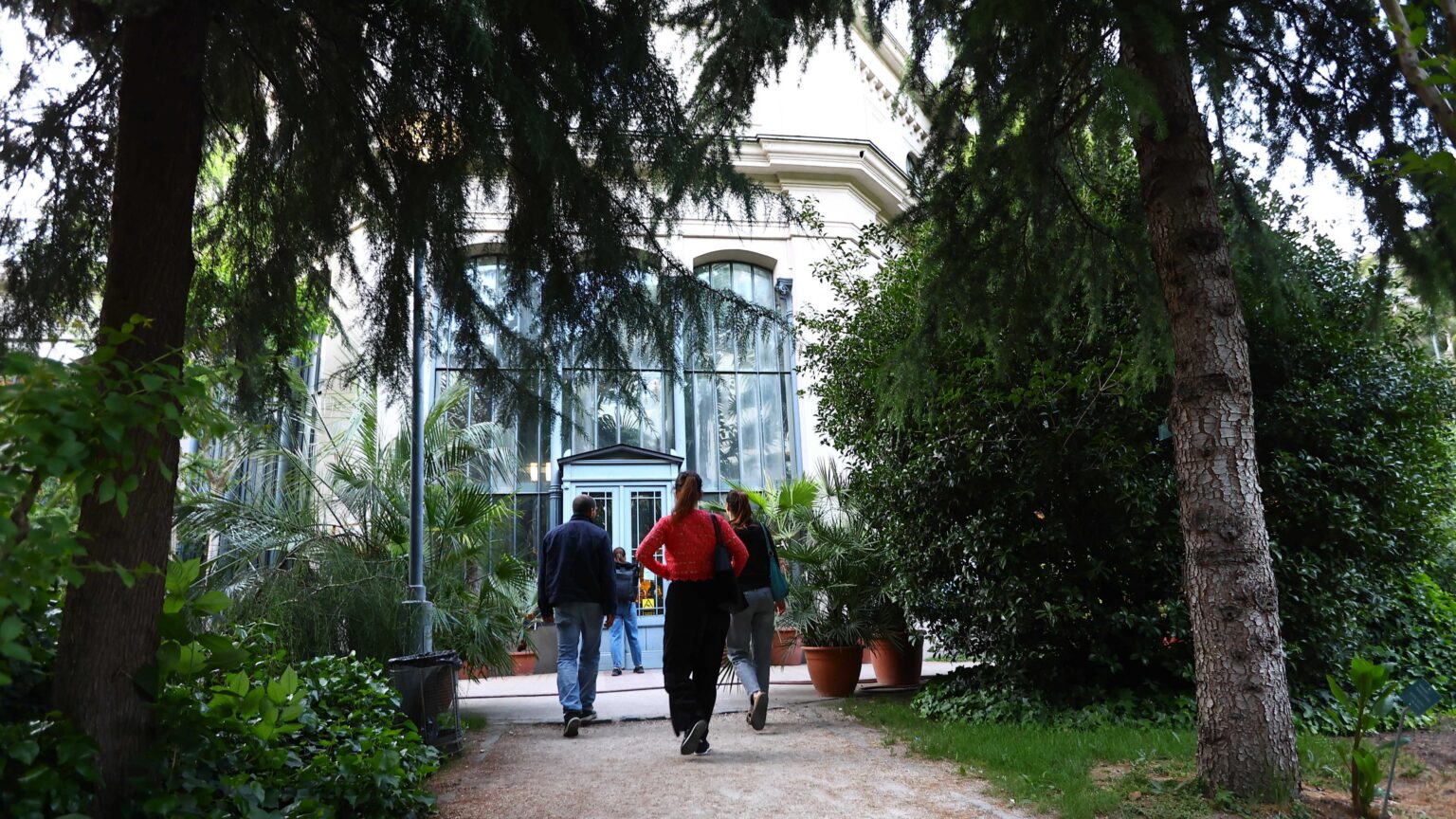
Urban green spaces and botanical gardens are becoming increasingly essential as climate change intensifies the pressure on cities. Botanist László Orlóci told former President János Áder’s Blue Planet podcast that urban ecosystems now face both health and environmental challenges.